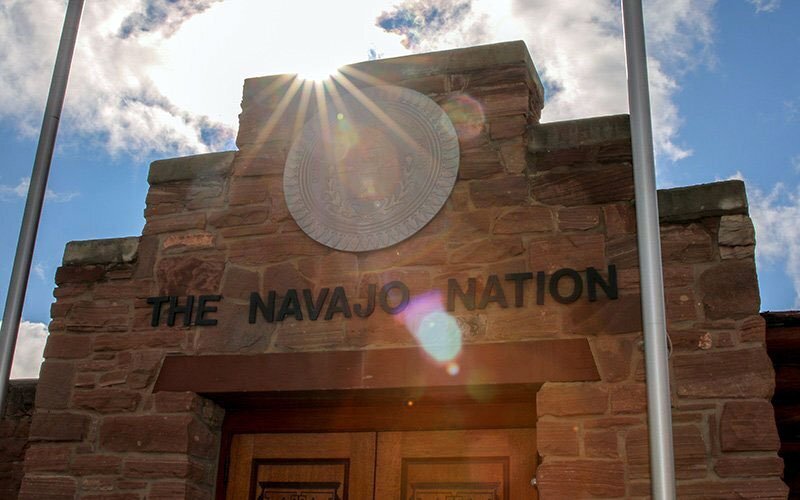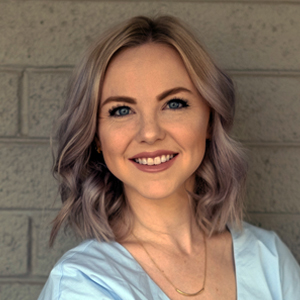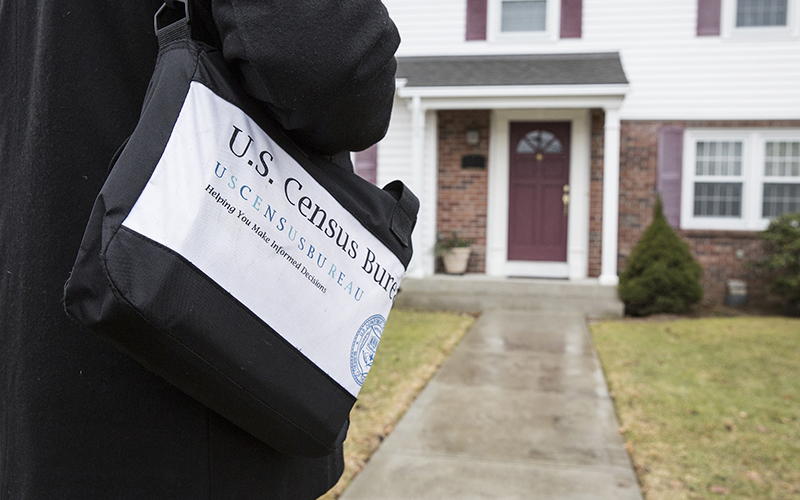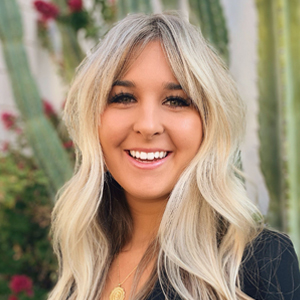
Only one new case of COVID-19 was reported across the Navajo Nation in the previous 24 hours – the lowest number of daily cases the nation has seen since an initial spike in May, authorities say. But the Labor Day weekend could bring a rise in cases, Navajo Nation President Jonathan Nez warns. (File photo by Chelsea Hofmann/Cronkite News)
PHOENIX – Only one new case of COVID-19 was reported across the Navajo Nation in the previous 24 hours, the lowest number of daily cases on the reservation since an initial spike in May, tribal leaders said Tuesday in a virtual town hall.
Navajo Nation President Jonathan Nez said the sole case was in the period Sunday to Monday, and he congratulated Navajos for following safety guidelines, such as social distancing, hand-washing, wearing a fast mask and staying home. But he warned of a potential new spike in the wake of a long Labor Day weekend and urged members of the nation to remain vigilant.
“Let’s help out, let’s end this endeavor,” Nez said, speaking first in Navajo and then in English.
As of Monday evening, he said, 9,901 Navajo have tested positive for the novel coronavirus that cause COVID-19. Of those, 7, 154 have recovered and 523 have died, he said, backing up recent reports from the Navajo Department of Health. No deaths were reported in the 24-hour period ending Monday.
The decline in new cases comes after a recent surge in which 24 positive cases were reported in a 24-hour span. Nez said that happened after someone left the reservation, came back with the virus and attended a family gathering where the person infected several others.
Nez thanked the contact tracers who identified and isolated those in contact with that patient. The nation also is continuing its 32-hour weekend lockdowns and 9 p.m. to 5 a.m. daily curfew to curb the disease’s spread.
Black and Indigenous people, Latinos and other people of color have been disproportionately affected by COVID-19 since it took hold in the U.S. in March. The Navajo Nation has similarly endured a high impact, revealing the disparities in health-related resources that continue to fuel the virus’ spread.
“It didn’t take much to have this spread throughout the Navajo Nation,” Nez said as part of his regular updates on the pandemic. “We’re begging you, just to stay home a little bit more.”
He noted that winter is approaching and community members need to help elderly Navajos.
“There is nothing wrong with staying home one year. Just to stay home and take care of your family,” he said.
COVID-19 rates per capita in the Navajo Nation and Arizona are declining, although both once were considered coronavirus hotspots in the U.S.
Fewer new and positive cases of COVID-19 across the Navajo Nation have bumped the nation to “orange status,” allowing 25% occupancy of customers in most businesses, Nez said. Although the numbers look promising, public health professionals advise waiting to see what comes out of the three day Labor Day weekend before allowing an increase to 50% occupancy.
Nez pointed to evidence of coronavirus spikes occurring after national holidays, including Memorial Day and Sovereignty Day, a tribal holiday. During the Labor Day weekend, he said, he noticed many cars on the road.
He also pointed to the spread of the virus on Arizona college campuses where many Navajo students are living.
Arizona State, the state’s largest public university, currently tops the list among Arizona universities with 825 active coronavirus cases, many more than the 79 active cases at the University of Arizona and 34 active cases at Northern Arizona, with reporting dates varying by university but all coming within the past few days.
The town hall ended with a promotion for the 10th annual Running for a Stronger and Healthier Navajo Nation, a 10-week event to promote physical health. The race, which officially started on Monday and will end in November, is virtual this year.
Nez said a stronger immune system may help to curb the spread of COVID-19 or, at least, lessen the severity of symptoms.
But he repeated a refrain in the battle against the novel coronavirus that causes the disease.
“Remember, don’t let up,” Nez said. “Continue to wear your mask, please, social distance. Wash your hands with soap and water, hand sanitizer is recommended and also, as much as you can, stay home.”



